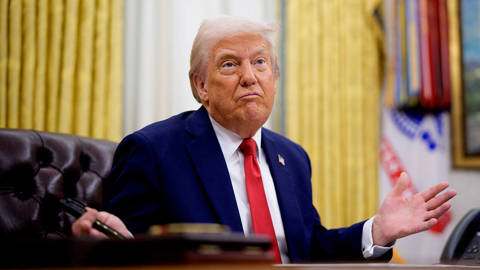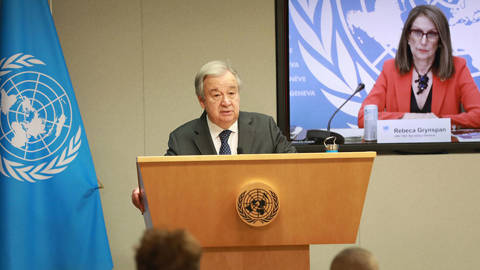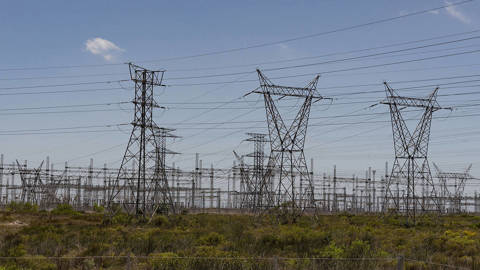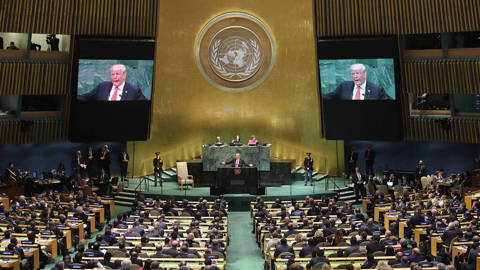Nicholas Agar
Nicholas Agar is Professor of Philosophy at the University of Waikato, New Zealand, the author of How to Be Human in the Digital Economy (MIT Press, 2019), and co-author, with Dan Weijers and Stuart Whatley, of How to Think about Progress: A Skeptic's Guide to Technology (Springer Cham, 2024).
-
The Techno-Realist Manifesto

The Techno-Realist Manifesto
Nov 28, 2024 Nicholas Agar & Stuart Whatley question the widespread belief that all our biggest problems will soon succumb to engineered solutions.
-
Nicholas Agar on Elon Musk, AI, the futurism industry, and more

Nicholas Agar on Elon Musk, AI, the futurism industry, and more
Nov 19, 2024 Nicholas Agar urges us not to put too much stock in Musk-style “Mars-shots,” describes how the humanities needs to evolve in our time of disorienting change, suggests that humanists might soon get bored with artificial intelligence, and more.
-
Is AI a Climate Game-Changer?

Is AI a Climate Game-Changer?
Sep 11, 2023 Nicholas Agar, et al. consider what role the technology could play in humanity's response to the climate crisis.
-
Should Humanities Professors Be Automated?

Should Humanities Professors Be Automated?
Sep 22, 2022 Nicholas Agar considers the implications of recent successes with AI-generated academic research and writing.
-
Finding Purpose in the Humanities

Finding Purpose in the Humanities
Dec 9, 2021 Nicholas Agar calls for educators to adapt to post-millennial reality by abolishing the traditional term paper.








